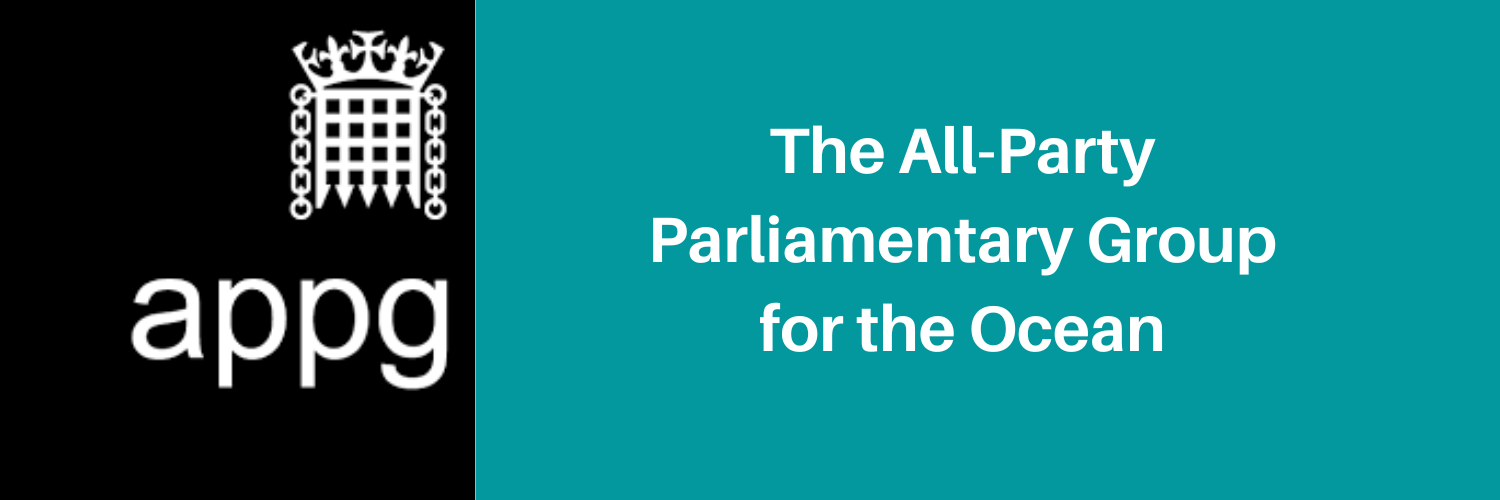APPG welcomes International Development Committee report on the UK SIDS Strategy, which the APPG was delighted to contribute to
The APPG for the Ocean welcomes the publication of the International Development Committee’s inquiry report on ‘The UK Small Island Developing States Strategy’ today and is delighted to see our evidence quoted several times in the report. The APPG is also delighted to see an important emphasis on the role of the ocean for Small Island Developing States, for livelihood, tourism, fishing, biodiversity and carbon sinks.
Small Island Developing States (SIDS) are among the most vulnerable countries in the world, facing multiple climate related challenges. While SIDS are taking important steps to address these, they also need the support of international partners.
The International Development Committee’s report considers the UK SIDS Strategy 2022-2026 and finds that while the UK is well-placed to “demonstrate international leadership” on issues of most concern, the UK SIDS strategy “lacks any concrete commitments or measurable objectives” with the risk that the UK’s support might “slip down the Government’s priority list over time”. The report includes 12 key recommendations for the Government to ensure that SIDS are best supported, from issues such as funding to legal statehood to capacity building to oceans.
The APPG is particularly pleased to see the role of the ocean considered within the report, which recognises that “oceans are crucial to the economies and societies of Small Island Developing states” and “play an important role in SIDS’ cultural and spiritual life”, which the APPG also acknowledged in its submission. However, as the Committee report highlights, ocean ecosystems are under threat in a number of ways, including through coral bleaching, rising temperatures and acidification, pollution, IUU fishing, threat to marine life and ecosystems, destruction of blue carbon ecosystems and the impact of deep sea mining on marine ecosystems.
The APPG recommended in its evidence that any effective SIDS strategy must therefore be accompanied by sustained funding, to enable long-term and collaborative relationships with stakeholders and delivery partners. It is therefore fantastic to see our calls echoed by the Committee, with the report recommending that the UK government commit to long-term, multi-year funding, working with likeminded states and provide additional funding/grants to support collective action against loss and damages to SIDS.
Furthermore, we welcome the Committee’s recognition that SIDS ocean ecosystems are often threatened by activities beyond national jurisdictions, highlighting the further need for international collective action. It is therefore positive to see the report recommend that the UK government “prioritise the laying before Parliament of the primary legislation necessary for ratifying the UN Global Ocean Treaty before the next election.” The APPG is pleased to have continuously supported and facilitated engagement around the Biodiversity of Areas Beyond National Jurisdiction (BBNJ) Treaty in parliament, as the UK continues to work towards ratification.
Sally-Ann Hart MP, Chair of the APPG for the Ocean said:
“I am delighted to see the publication of the International Development Committee’s inquiry report on the UK Small Island Developing States Strategy today, which recognises the important role the ocean plays in the economies and societies for these Small Island Developing States. The APPG was pleased to be able to submit evidence to this inquiry and be mentioned in the report. Small Island Developing States are currently facing significant climate related challenges and I welcome the report’s timely recommendations to enhance long-term funding, build stronger international partnerships to support climate resilience and ensure the ratification of the BBNJ Treaty as soon as possible. The UK is a world-leader in providing international support to Small Island Developing States and I look forward to seeing these international partnerships continue to flourish, in order to protect these states and our ocean.”
